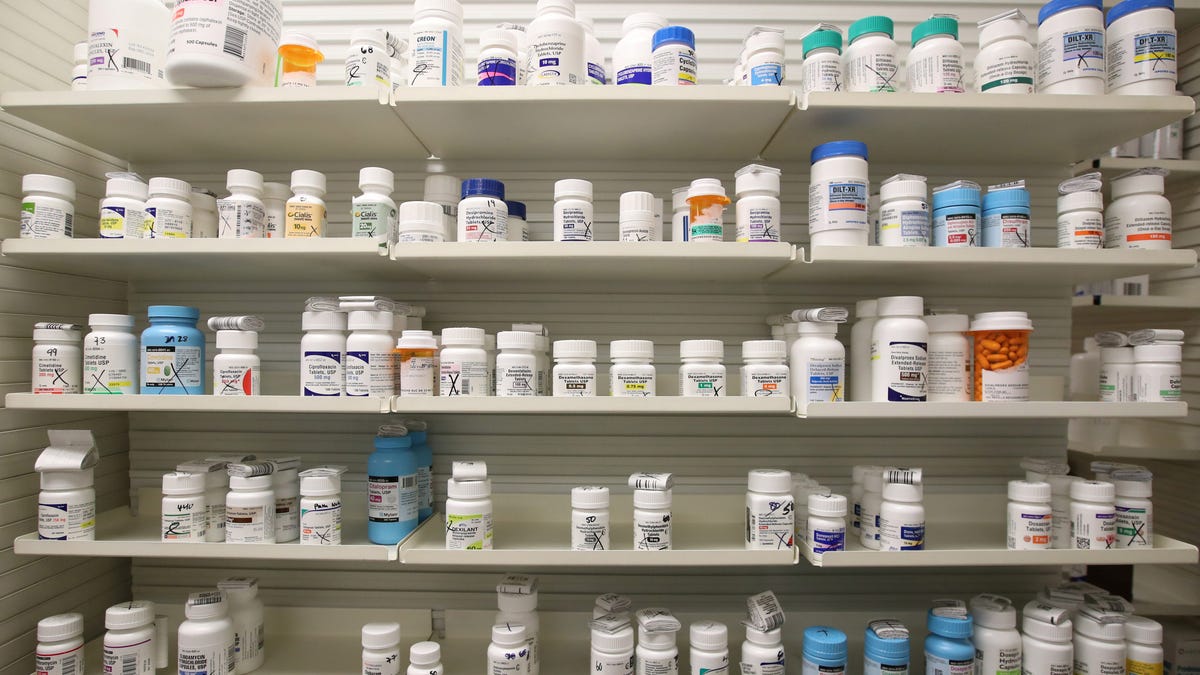The Impact of “Junk” Patents on Pharmaceutical Industry Competition
The recent announcement by the U.S. Federal Trade Commission (FTC) challenging hundreds of questionable patents listed in the Food and Drug Administration’s (FDA) Orange Book marks a significant effort to enhance competition and reduce drug prices. The identified patents encompass 20 different brand name drugs, such as Novo Nordisk’s Ozempic, and aim to prevent the delay of more cost-effective generic and biosimilar alternatives from entering the market.
The Purpose Behind “Junk” Patents
In the realm of pharmaceuticals, patents provide a 20-year exclusivity period for the company holding the patent, during which they can establish pricing without facing competition. Given that drug patents are secured well before completion of clinical trials, regulatory approval, and market release, pharmaceutical firms strive to extend their monopoly through various means, including the submission of patents that hinder cheaper alternatives from reaching consumers quickly. Companies argue that this tactic is essential to recoup the considerable investments made in drug research and development, although studies have indicated otherwise.
A study conducted in 2022 found that the expenses related to research and development did not fully justify the disparities in drug pricing, contradicting the claims made by pharmaceutical companies regarding the necessity of such practices.
The Mechanism of “Junk” Patents
Junk patents differ from legitimate ones by the absence of genuine innovation protection. They typically involve the filing of additional or secondary patents related to an existing drug, safeguarding minor alterations in its formulation, manufacturing, or administration. For instance, the FTC’s communication with Novo Nordisk highlighted disputes surrounding patents for Ozempic, Saxenda, and Victoza, with a focus on device patents like the one concerning Ozempic’s specialized injection device.
Upon entry into the Orange Book, patents of this nature trigger a 30-month hold that obstructs the introduction of competing drugs, effectively prolonging the exclusive rights of the patent holder over the drug in question.
Evaluating the Efficacy of FTC Challenges
While the FTC’s initiative to challenge these patents signifies a positive step, legal scholar Melissa Wasserman from the University of Texas, Austin, emphasizes that listed patents in the Orange Book can present significant barriers for generic competitors. Even in cases where a patent is successfully removed from the Orange Book, patent owners retain the ability to pursue litigation for infringement.
Wasserman advocates for a potential remedy to this issue by recommending an extension of the time allotted to patent examiners for application reviews. Currently, patent examiners dedicate an average of 19 hours to evaluate each application, which she argues is insufficient for identifying and rejecting invalid submissions. Her ongoing research explores the potential economic benefits of providing patent examiners with additional time for assessments, estimating potential annual savings of up to $5 billion in prescription drug costs by boosting the accuracy of patent approvals.
Ultimately, addressing the proliferation of “junk” patents in the pharmaceutical sector necessitates a multifaceted approach, combining regulatory scrutiny, legal reforms, and enhanced examination procedures to foster a more competitive and affordable drug market.
Image/Photo credit: source url





